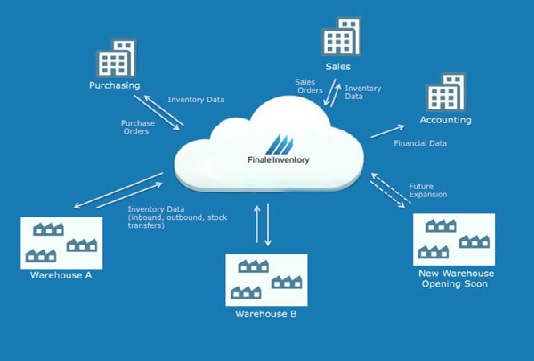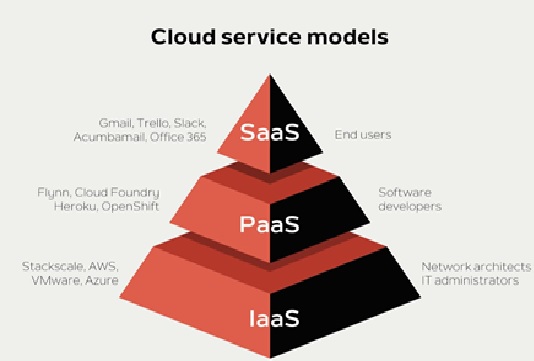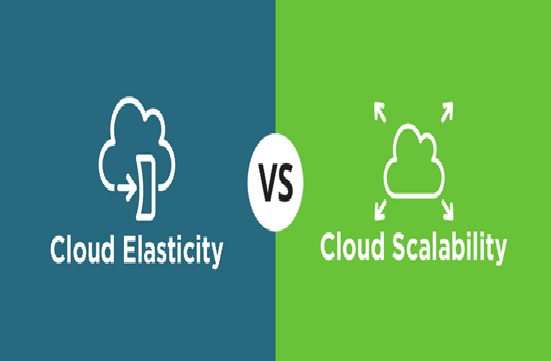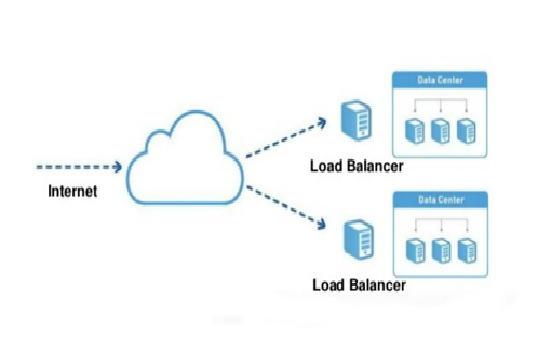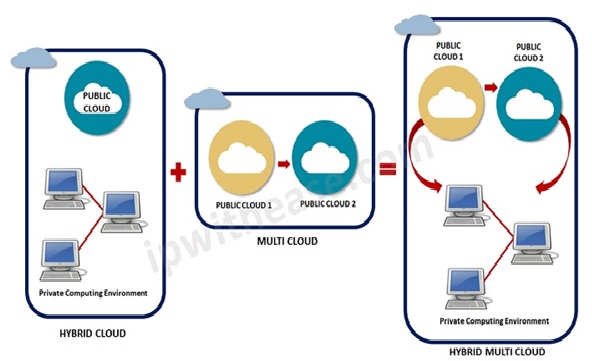Benefits of Cloud Analytics
Cloud analytics encompasses any kind of business intelligence or data analytics performed on a cloud in conjunction with a service provider. The data processing is done on a private or public cloud to avoid the expense and maintenance of on-premises data storage and compute. Cloud-based analytics is also called a Software as a Service model or Cloud Analytics as a Service model. Some companies use a hybrid model that keeps some functions on-premise while moving others to a cloud. Data warehouses and on-demand business intelligence are among the services most commonly offered by cloud analytics.[1]
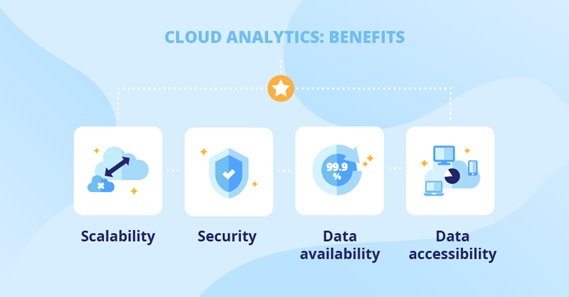
Figure 1. the Benefits of Cloud Analytics
Figure 1 shows There are several advantages that accompany cloud analytics, starting with the flexibility the model offers for organizations. On-premise solutions tend to be custom-built, and scaling becomes expensive when you need to purchase more storage. Moreover, cloud analytics offers a more versatile solution for companies with shifting analytics requirements. Additionally, cloud BI tools provide faster access to real-time data, allowing for better insights and faster, more accurate decision making.[3]
The benefits of cloud analytics
Cloud analytics comes with many advantages for the enterprise. Here are a few benefits with the biggest impact on your business.
Data consolidation
Big data produced from numerous, disparate sources across the organization makes it nearly impossible to get a unified view. Cloud analytics brings all of a company’s data sources together to produce a more complete picture. All stakeholders, regardless of their physical location (or the data’s location), can easily access this data in one place, to gain more accurate insights and make better business decisions in real time.
Sharing and collaboration
Big data siloed in individual departments such as Finance or Human Resources affect the whole business. A cloud analytics solution can better integrate the data from different parts of the organization — subject to configurable role-based access controls — leading to better communication and decision making.
Scalability
When workloads and data volumes grow rapidly, administrators running on-premise platforms have to purchase and install new hardware to accommodate the rise in demand —a service model that often leads to over provisioning and expenses that can seem unnecessary if demand falls in the future. With cloud analytics services, organizations can scale up to accommodate spikes in demand by bringing more instances online (or reducing them when demand dips) and paying only for what they use.
Cost reduction
In addition to the costs of the various hardware requirements, on-premise platforms need frequent upgrades and migrations, invariably leading to system downtime affecting business continuity. On-premise analytics also necessitate specialized skill sets that some organizations don’t or can’t afford to have in-house. With cloud analytics, organizations aren’t required to purchase and support additional hardware, and can also avail the in-house expertise of service providers.
Security
Security monitoring is usually just one of the many areas that an organization’s IT staff is responsible for, but it’s a full-time focus for cloud hosts. Cloud analytics providers also use robust encryption to secure data as it is transmitted over networks. But the biggest security advantage they offer may be simply that the data is stored offsite: A recent report found that 34 percent of all breaches happened as a result of insider threat actors, including current and former employees who take classified or proprietary information with them when they leave the company.[2]
References:
- https://www.omnisci.com/technical-glossary/cloud-analytics
- https://www.splunk.com/en_us/data-insider/what-is-cloud-analytics.html
- https://www.sisense.com/glossary/cloud-analytics/
Cite this article:
Thanusri swetha J (2021), Benefits of Cloud Analytics, AnaTechMaz, pp. 20






